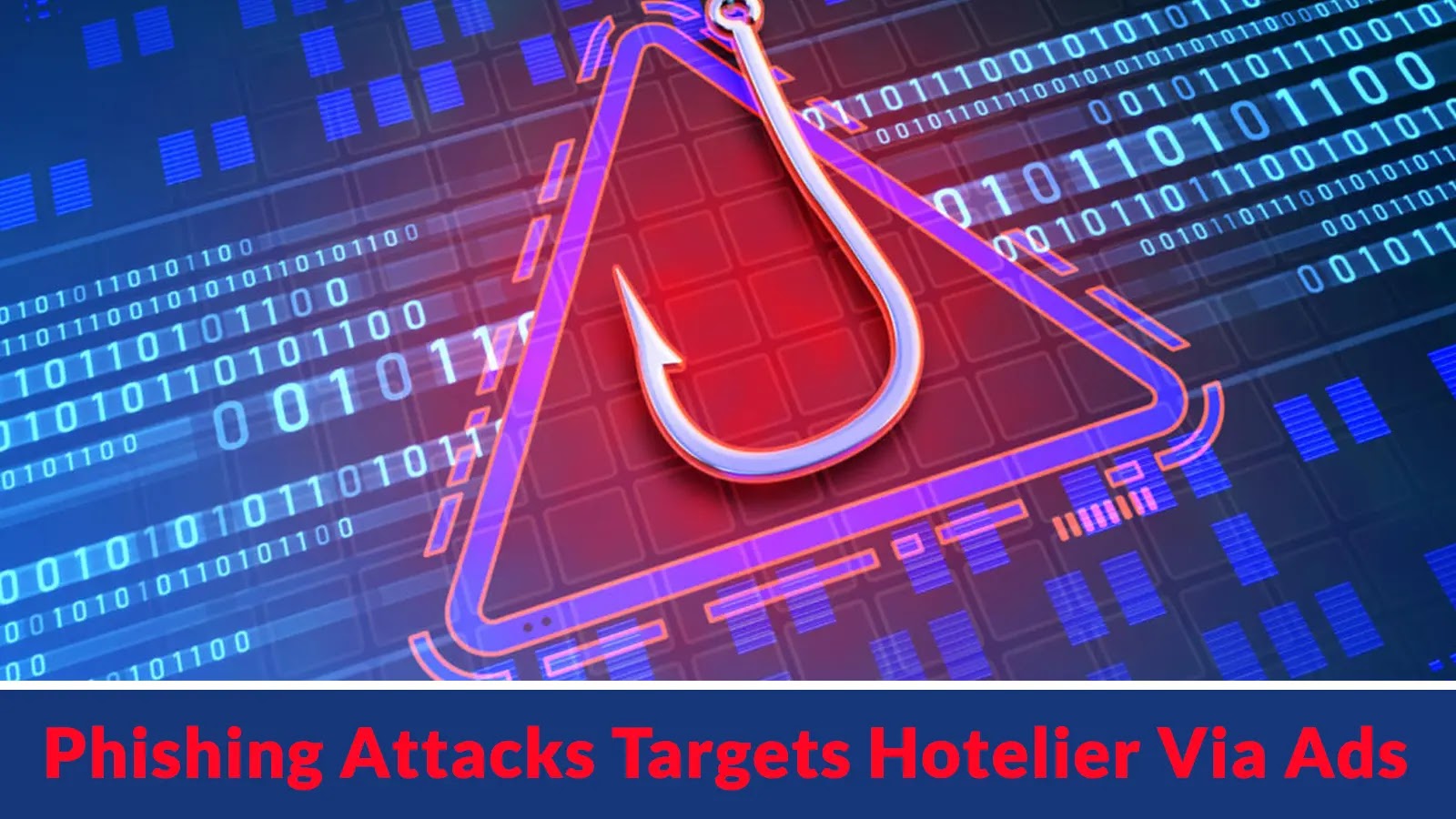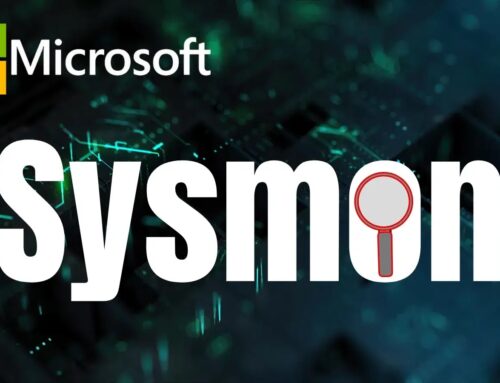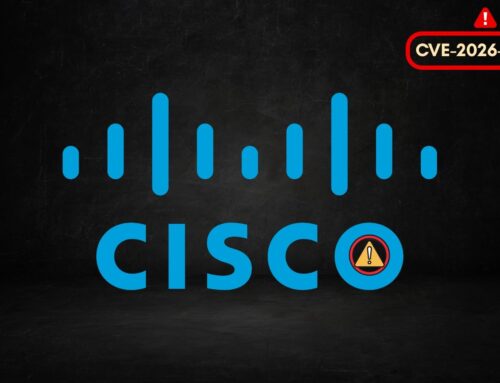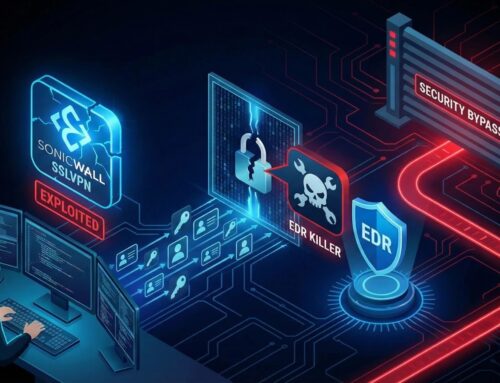
New Large-Scale Phishing Attacks Targets Hotelier Via Ads to Gain Access to Property Management Tools
Urgent Warning: Novel Phishing Campaign Exploits Search Ads to Target Hoteliers and Property Managers
A sophisticated new phishing campaign, identified in late August 2025, poses a direct and significant threat to the hospitality sector. Unlike traditional broad-stroke attacks, this campaign meticulously targets hoteliers and vacation rental managers by leveraging malicious search engine advertisements. Cybercriminals are using highly deceptive tactics to gain unauthorized access to critical property management tools, potentially leading to operational disruption, data breaches, and financial loss.
The Evolution of Phishing: From Email Blasts to Malicious Ads
Historically, phishing attacks relied heavily on mass email campaigns or social media lures, often characterized by obvious grammatical errors or suspicious sender addresses. This new campaign represents a concerning evolution, highlighting attackers’ increasing sophistication. Instead of relying on volume, they are investing in paid advertisements on platforms like Google Search. This strategy lends an air of legitimacy to their malicious links, as users are accustomed to trusting the top results in search engine queries.
Typosquatting and Brand Impersonation: A Deceptive New Lure
The core of this attack vector lies in a technique known as typosquatting and brand impersonation. Attackers purchase sponsored ads, strategically using domain names that are near-identical to legitimate service providers commonly used by hotels and vacation rentals. For instance, they might register a domain like “bookingcom-reservations.com” or “expediapartnerlogin.net” and bid on keywords related to the actual brand names (e.g., “Booking.com partner login,” “Expedia Extranet”).
When an unsuspecting hotelier or property manager, perhaps looking to access their property management system (PMS) or booking platform, searches for these services, they might click on the malicious ad, believing it to be a legitimate link. Once redirected, they encounter meticulously crafted fake login pages designed to steal credentials. Gaining access to these tools can enable attackers to:
- View and modify guest reservations.
- Access sensitive guest data (personal information, payment details).
- Manipulate room availability and pricing.
- Divert payments or execute fraudulent transactions.
Remediation Actions and Proactive Defense Strategies
Given the targeted nature and advanced tactics of this campaign, hoteliers and property managers must implement robust security measures and train their staff. Proactive defense is paramount to mitigate the risk of falling victim.
Immediate Steps:
- Verify URLs Critically: Before entering credentials, always double-check the URL in the browser’s address bar. Look for subtle misspellings, unusual domain extensions, or additional subdomains that don’t belong to the legitimate service.
- Bookmark Legitimate Logins: Encourage all staff to bookmark the official login pages for all property management systems, booking engines, and vendor portals. Access these critical tools only through established bookmarks, never via search engine results or unsolicited links.
- Enable Multi-Factor Authentication (MFA): Mandate MFA for all accounts, especially those with access to sensitive systems. Even if credentials are stolen, MFA acts as a critical second line of defense.
- Review Search Ad Policies: If you are a legitimate service provider in the hospitality sector, review your search advertising policies and consider reporting malicious ads impersonating your brand to the respective ad platforms.
Long-Term Security Enhancements:
- Employee Security Training: Conduct regular, compulsory security awareness training for all staff. Focus specifically on identifying phishing attempts, recognizing malicious URLs, and understanding the risks associated with clicking on suspicious links. Emphasize the dangers of credential theft.
- DNS Monitoring: Implement DNS monitoring solutions that can detect newly registered domains that are typosquatting your brand or common industry service providers.
- Endpoint Protection: Ensure all company devices have robust endpoint detection and response (EDR) or antivirus solutions installed and kept up to date. These tools can help detect and block access to known malicious sites.
- Security Audits: Conduct regular security audits of your IT infrastructure and third-party vendor access points.
Tools for Enhanced Security Posture
Implementing the right tools can significantly enhance your organization’s defense against sophisticated phishing campaigns.
| Tool Name | Purpose | Link |
|---|---|---|
| PhishMe (Cofense) | Security awareness training & phishing simulation | https://cofense.com/ |
| KnowBe4 | Security awareness training & simulated phishing attacks | https://www.knowbe4.com/ |
| Cisco Umbrella | DNS-layer security to block malicious websites | https://www.cisco.com/c/en/products/security/umbrella/index.html |
| Proofpoint Email Protection | Advanced email threat protection (though this attack isn’t email-focused, general email hygiene is critical) | https://www.proofpoint.com/us/products/email-protection |
| Browser Extensions (e.g., URL shortener expanders) | Reveals true URL behind shortened links or suspicious redirects | (Specific extensions vary by browser) |
Conclusion: Stay Vigilant, Stay Secure
The emergence of this highly targeted phishing campaign underscores the dynamic nature of cyber threats. Attackers are constantly adapting their methodologies, moving beyond conventional tactics to exploit new attack vectors and user behaviors. For hoteliers and property managers, the imperative is clear: cultivate a culture of cybersecurity awareness, implement multi-layered defenses, and rigorously verify the authenticity of all digital touchpoints. Vigilance, combined with robust technical controls and continuous staff education, is the most effective defense against these evolving threats.





